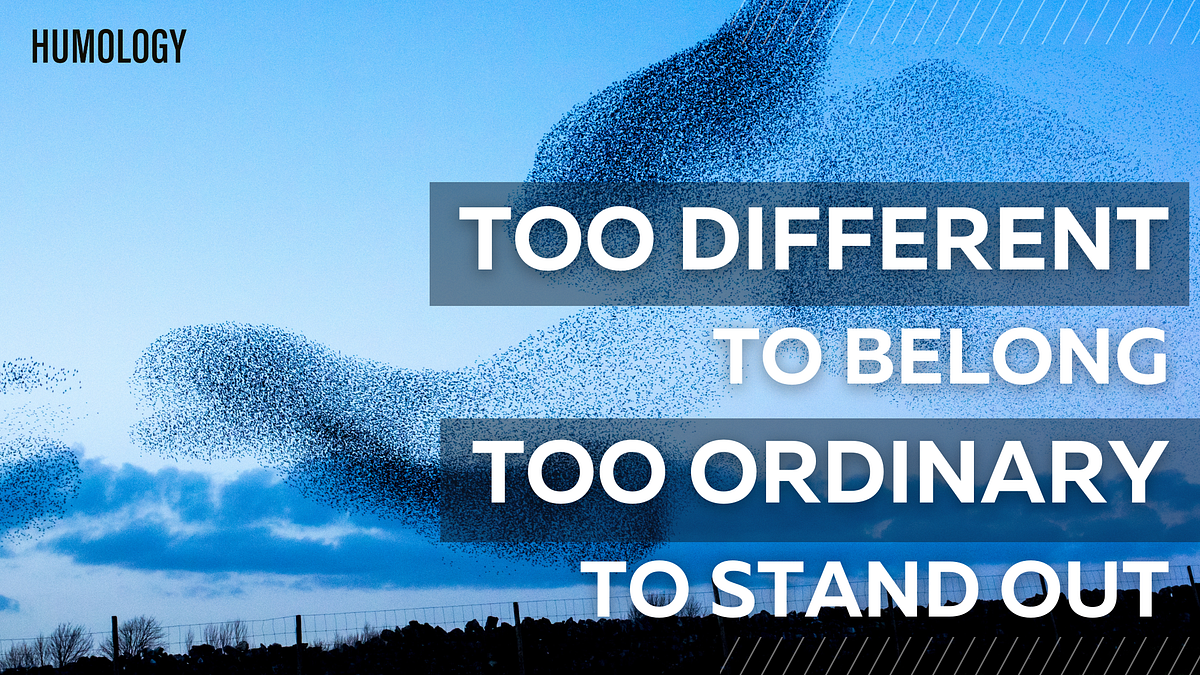
"TLDR: The online world amplifies a deep human paradox: we want to fit in and stand out at the same time. Algorithms reward polish, not practice. Visibility, not depth. The antidote is in reclaiming the messy middle where originality is formed, and letting technology be collaborators, not replacements. I keep circling a question that psychology hasn't yet neatly answered: why does the online world make us feel both too different to belong and too ordinary to matter?"
"Every one of use wants to feel part of something and to connect with others who share our passions. But at the same time, we also want to stand out - to be noticed, to feel valued, and be seen as original in a sea of sameness. It's a quiet paradox that shapes how we show up online, even when we don't realise it."
"We learn the tone, the language, the style of what works. We teach it in courses, package it as personal branding, and call it thought leadership. But what we're really teaching is conformity with better lighting. We mirror the voices that get attention and copy the aesthetics that get engagement. And before long, our own edges start to blur. Fit in, or Be Phenomenal"
Online platforms amplify a paradox where people seek belonging and distinctiveness simultaneously. Algorithms prioritize polished, visible outputs over practice and exploratory process. Visibility and engagement metrics reward repeatable aesthetics and packaged personal brands rather than messy experimentation. Creators learn the tone, language, and style that attract attention and then copy those signals, producing conformity with better lighting. This dynamic blurs individual edges and reduces originality. Reclaiming the messy middle of trial, iteration, and incomplete work fosters genuine originality. Technology should act as collaborator to support experimentation, not as a replacement that shortcuts practice.
Read at Medium
Unable to calculate read time
Collection
[
|
...
]